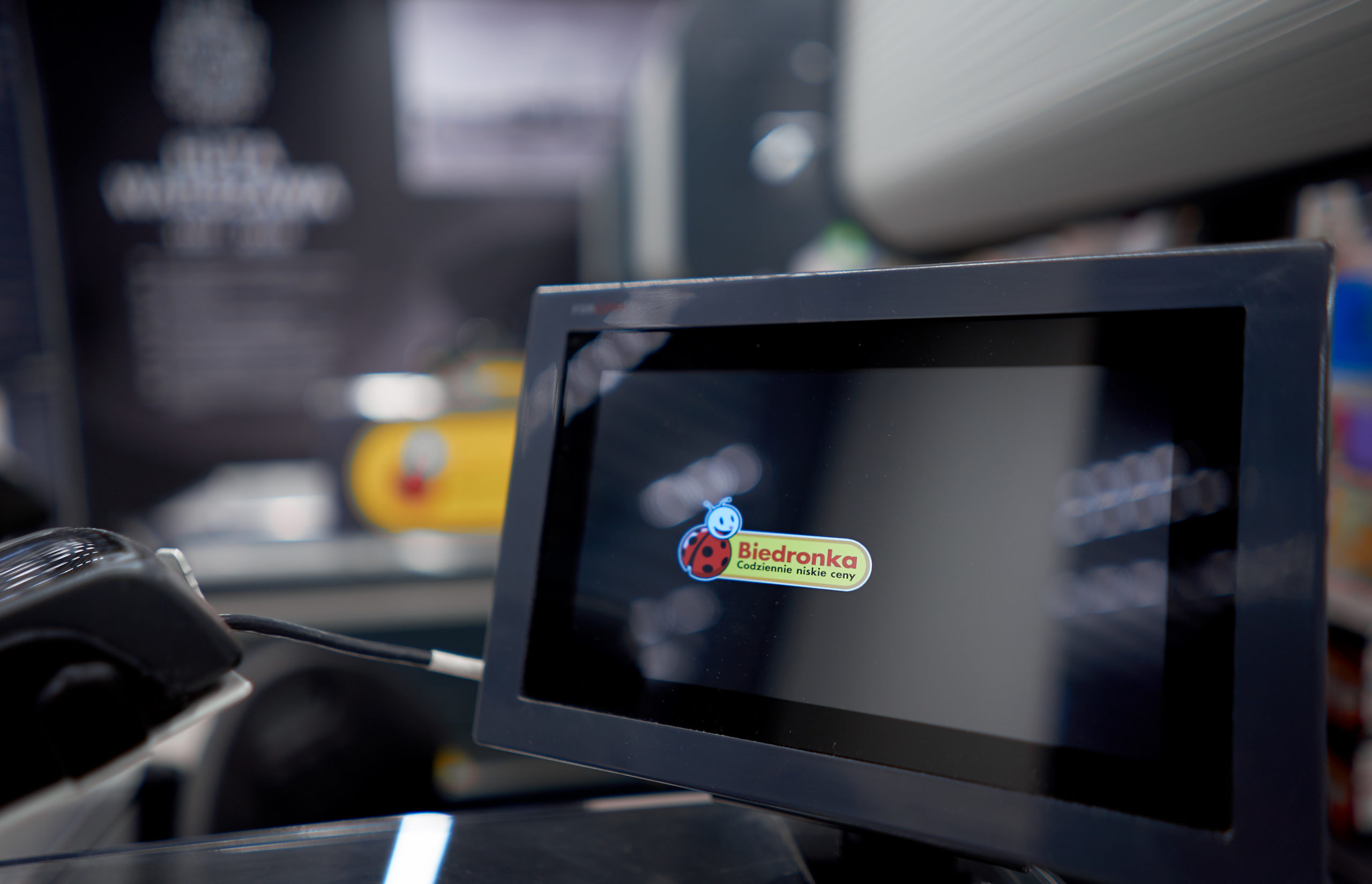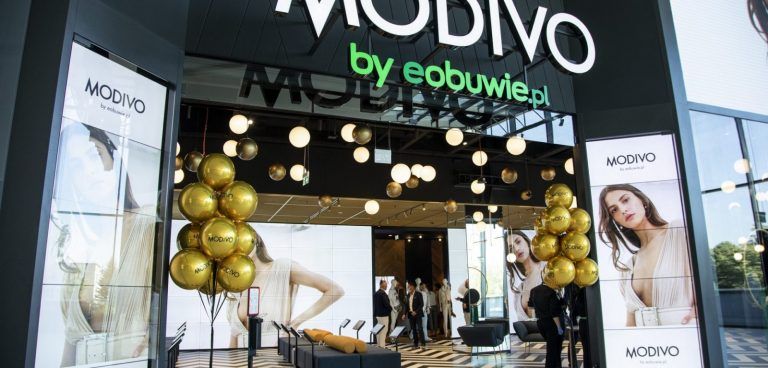Epic Partners: Biedronka forms international purchasing alliance with European retail chains

Wpis dostępny jest także w języku:
![]() polski
polski
Epic Partners is a new European purchase alliance that will include Biedronka, Portugal’s Jeronimo Martins, Russia’s Magnit, Sweden’s ICA, Switzerland’s Migros, Germany’s Edeka and the Netherlands’ Picnic. The participation in the purchasing group of one of the largest retailers on the Polish market is expected to strengthen the chain’s price competitiveness and improve margins. It is worth noting that due to the dominant position of the Biedronka chain in Poland, potential threats to other companies operating in the retail sector will be thoroughly assessed by the Polish government in cooperation with the Office of Competition and Consumer Protection.
As part of Epic Partners, joint purchasing negotiations will be conducted on behalf of Biedronka and the other listed chains, which, it is worth noting, are players in very different markets. Soyuz brings together Western European companies, operating under EU regulations in stable and saturated markets, and Russian Magnit, operating in a market that is still maturing but at the same time very attractive for manufacturers and retailers. In particular, Epic Partners will negotiate on behalf of its members, among others, complementary international services and marketing activities with the largest international brand manufacturers in the FMCG market, such as Nestle and Unilever, with a particular focus on packaged processed products.
Grzegorz Laptas, Strategy & Operations at PwC Advisory, reports for wiadomościhandlowe.pl that from Biedronka’s point of view, joining an international purchasing group is an interesting idea – negotiating additional bonuses, at the level of international manufacturers’ headquarters, improves the overall profitability of trade in given categories. Biedronka is also the only discount chain participating in the newly established organisation, while Magnit and EDEKA are large-scale chains, playing in super- and hypermarket formats, focused primarily on branded products, with a smaller share of private label than is the case with Biedronka. Branded products, although accounting for a minority of the Polish leader’s turnover, are nevertheless very important in terms of shaping price perception. Additional improvements in shopping conditions may therefore create further sources of advantage for Biedronka over the local competition.
It is worth noting that the reaction of the companies’ local competitors to the emergence of the new European purchase alliance will be an interesting issue – it will be particularly worth paying attention to how the Schwarz Group (Lidl and Kaufland) and Aldi in Germany and e.g. Dino in Poland will behave, according to Michał Sadecki, CEO of MSL Consulting for wiadomościhandlowe.pl. The expert also notes that any such initiative is of interest to the European Competition Network (ECN). Moreover, the emergence of transnational purchasing alliances is watched by local regulators, monopoly authorities and governments, and given the dominant position of the Biedronka chain in Poland, it is worth expecting that the Polish government in co-operation with the Office for Competition and Consumer Protection (UOKiK) will reliably assess the potential threats to other companies operating in the retail sector, especially those with Polish capital.







